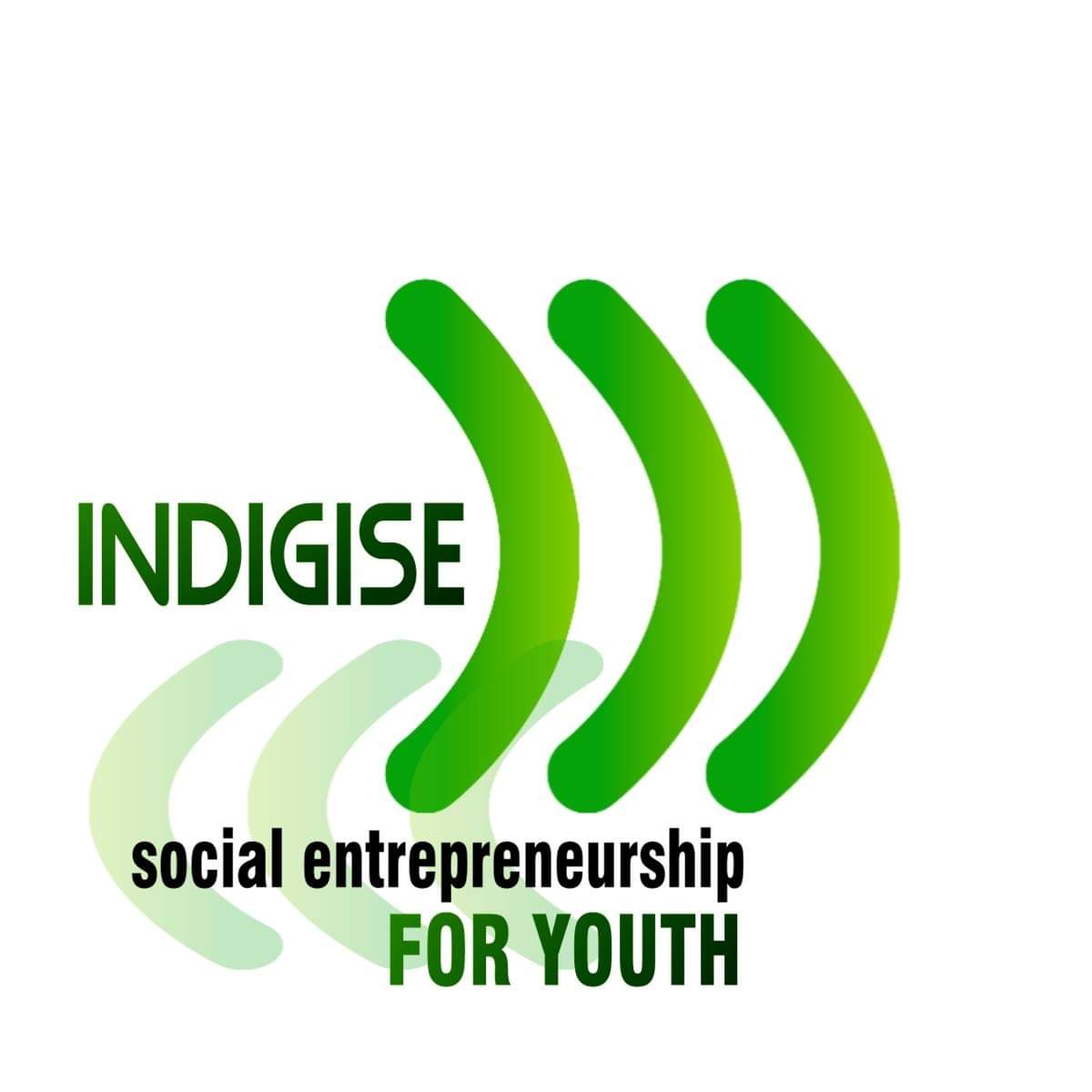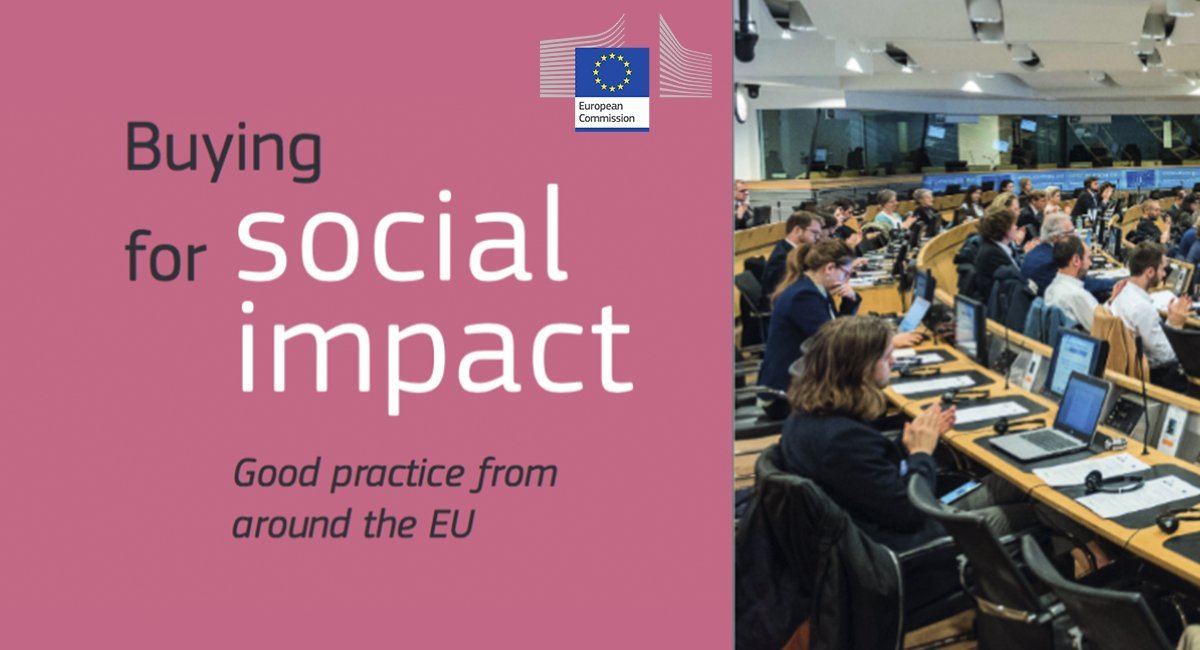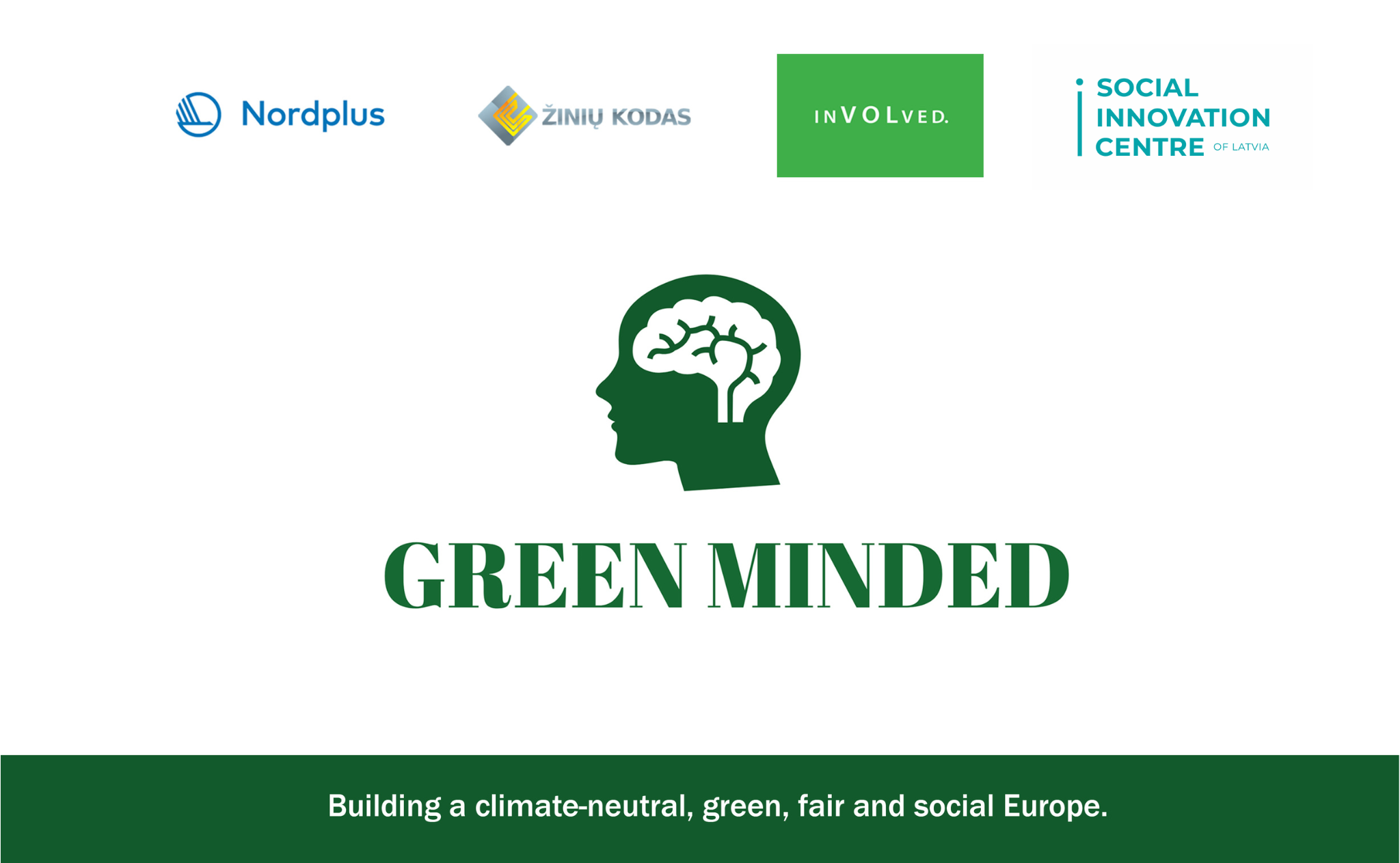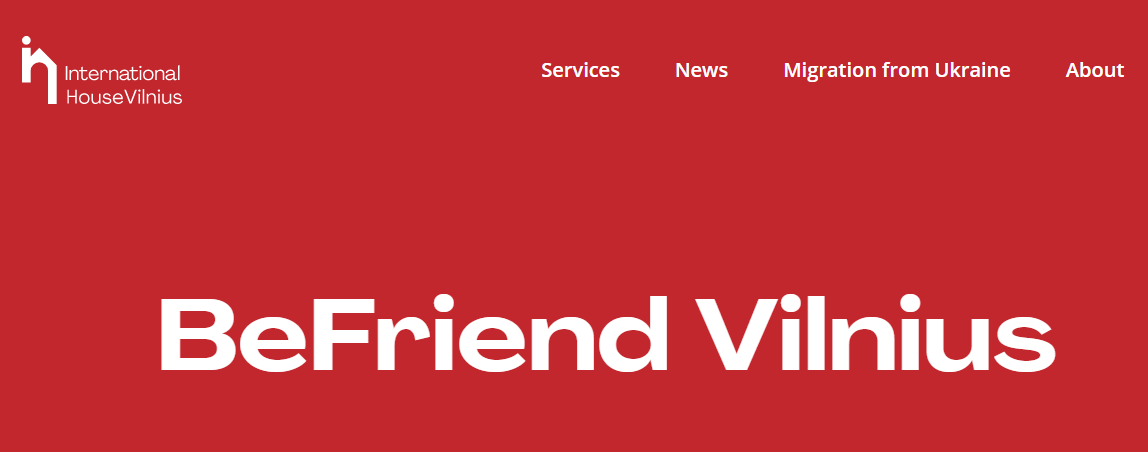Buying for Social Impact (BSI) is a project commissioned by the Executive Agency for Small and Medium-sized Enterprises (EASME) and the European Commission Directorate-General for Internal Market, Industry, Entrepreneurship and SMEs (DG GROW) to promote the use of social considerations in public procurement procedures. The project was carried out by a consortium of European organisations active in the promotion of local development and social economy enterprises. This was led by the European Association for Information on Local Development (AEIDL), working in partnership with the European Network of Cities and Regions for the Social Economy (REVES), DIESIS COOP, Social Economy Europe (SEE), and the European Network of Social Integration Enterprises (ENSIE). The BSI project ran from July 2018 to January 2020.
It had 2 objectives: – to encourage contracting authorities to use public procurement to pursue social goals – to increase the capacity of social economy enterprises to take part in public procurement procedures and to access new markets. Actions were targeted at those 2 key audiences in the following 15 countries: Croatia, Czechia, Denmark, France, Germany, Greece, Hungary, Italy, Ireland, Latvia, The Netherlands, Poland, Romania, Slovakia and Sweden. The project team looked at how the social aspects of the new EU Public Procurement Directive (2014/24/EU) were transposed at national level, identified good practices on socially-responsible public procurement (SRPP), and mapped the capacity of social economy enterprises to access markets.
European Commission, Executive Agency for Small and Medium-sized Enterprises, Martignetti, L., Caimi, V., Daniele, D., Buying for social impact : good practice from around the EU, Publications Office, 2020, https://data.europa.eu/doi/10.2826/8319
Read the report with good practices here and get more inspiration:
https://op.europa.eu/en/publication-detail/-/publication/3498035f-5137-11ea-aece-01aa75ed71a1


This publication has been prepared within INDIGISE project. The content of this publication is the sole responsibility of the project coordinator and may not always reflect the views of the European Commission or the National Agency.















Leave A Comment